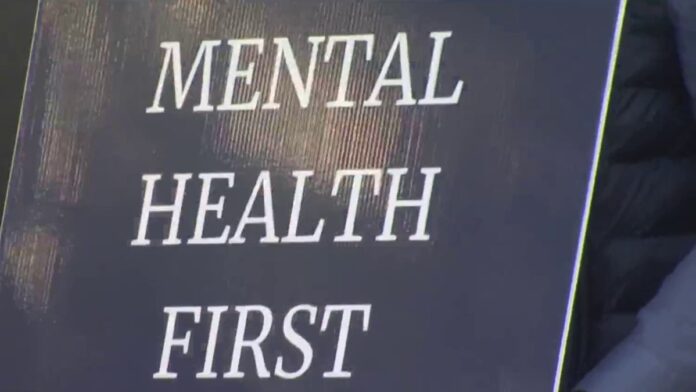While World Mental Health day is recognized on Oct. 10 across the globe, some South Asian communities in the U.S. still find the discussion of mental health to be a taboo topic.
One in five South Asians in the U.S. experience some type of mental health condition in their lifetime, according to the South Asian Public Health Association (SAPHA).
There has been no published data on schizophrenia and bipolar disorder among U.S. South Asians although ethnic minorities experience greater severity of these conditions, according to SAPHA.
This inequity in data may be due to a lack of conversation regarding mental disorders.
“In our family culturally, it’s not talked about as much. (It’s) frowned upon,” said Sagar Patel, the son of a missing woman suffering a mental health episode in La Palma.
Patel’s mother, Geetaben Patel, suffered from isolation during the pandemic causing her mental issues. She takes medication for schizophrenia but hasn’t been officially diagnosed with the disorder.
Patel was last seen on a neighbor’s security camera hovering around a neighbor’s front yard near Santa Margarita Lane.
Dr. Neel Doshi, who has not treated Patel, said wandering off is a common symptom of mental illness.
“It’s an unfortunate reality that our loved ones who experience mental health issues may need an outlet that they’re not currently able to find,” said Doshi, a psychiatrist with Kaiser Permanente Orange County. “They don’t have an outlet, and for them, sometimes the only release may come from stepping away from their current situation.”
Here’s how to help when you have loved ones suffering from mental health:
- Have clear conversations about concise boundaries for both parties.
- Become educated on the disorders present. This can help identify relapse.
- Remember it’s not about fixing. It’s about getting them the help they need through a health professional.
- Separate the person from the disorder. This makes it easier to talk about a variety of topics, not just about their mental health.
- Use I statements. “I notice you’re feeling stressed,” not “You don’t seem to be doing well, you look stressed.”
- It’s the being. Not the doing. An environment of support can be created for your loved one by just simply being there for them.

